
The Engaged Leader
A Strategy for Your Digital Transformation
Recommendation
In the digital age, the traditional business hierarchy no longer makes sense. The CEO was once a remote figure who depended on layers of managers for reports on customers and employees. But in the digital age, leaders must be engaged to be effective, says consultant Charlene Li. Contemporary leaders can use social media to monitor the pulse of the market; to cultivate relationships with customers, employees and stakeholders; and to empower employees by sharing information. In this beginner’s guide to digital strategy, Li shows how to listen to thousands of people at once, how to create online content that attracts followers and how to engage every level of your workforce. She offers advice on preventing social networking from becoming a time sink and explains how top executives can manage digital relationships to be just enough, but not too much. Though her manual isn’t heavy on details, getAbstract recommends it as a perfect pep talk for leaders, especially for those who are still resisting establishing a social media presence.
Summary
About the Author
Strategy expert Charlene Li is founder and CEO of Altimeter Group Digital. She is a frequent public speaker and consults with a variety of Fortune 500 companies.








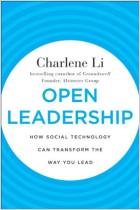
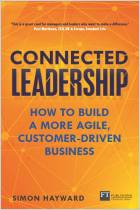
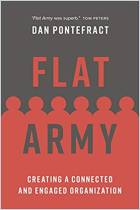

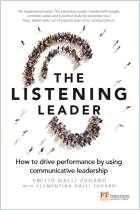

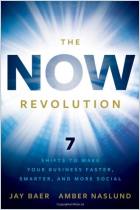




Comment on this summary or 开始讨论